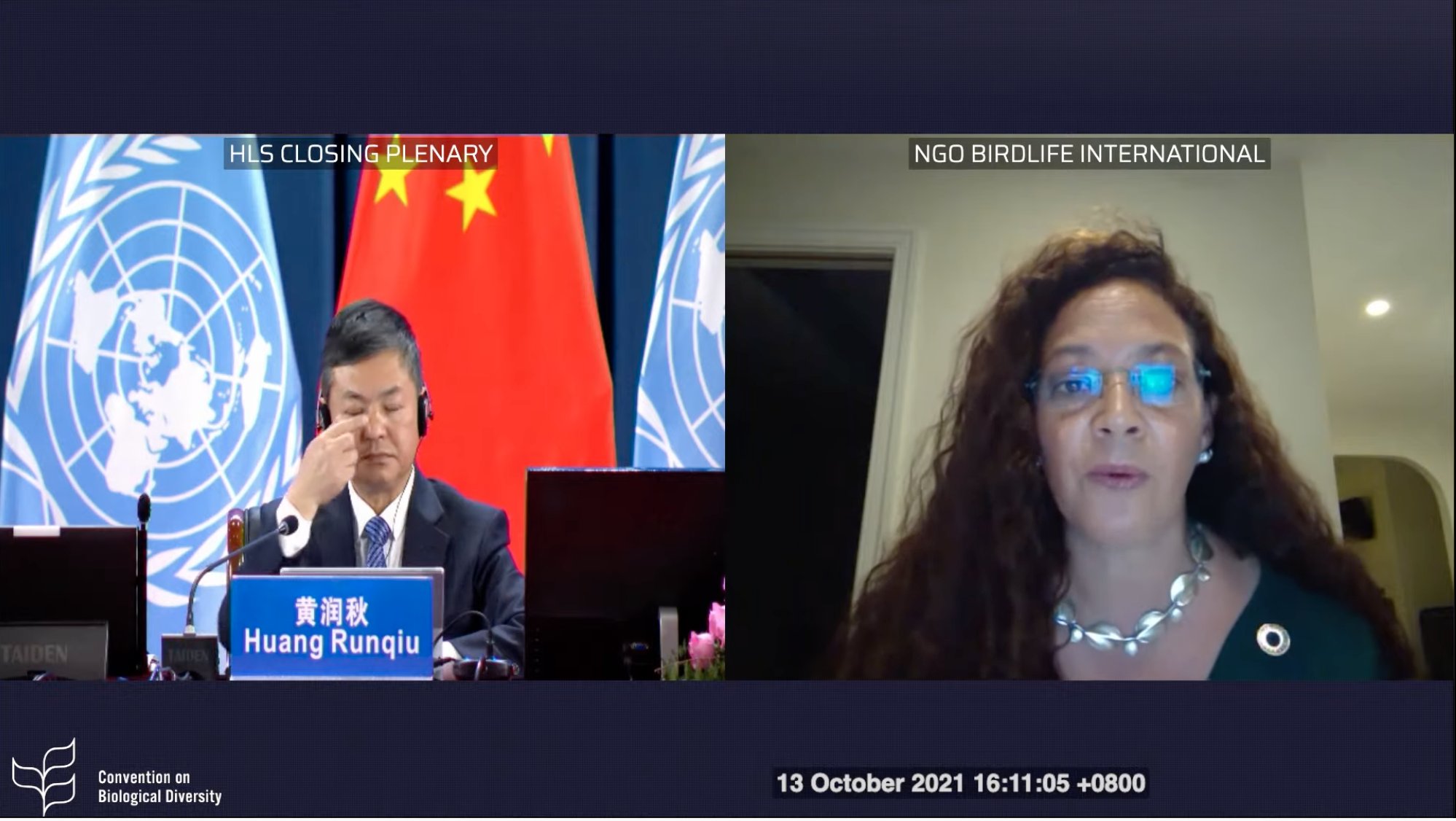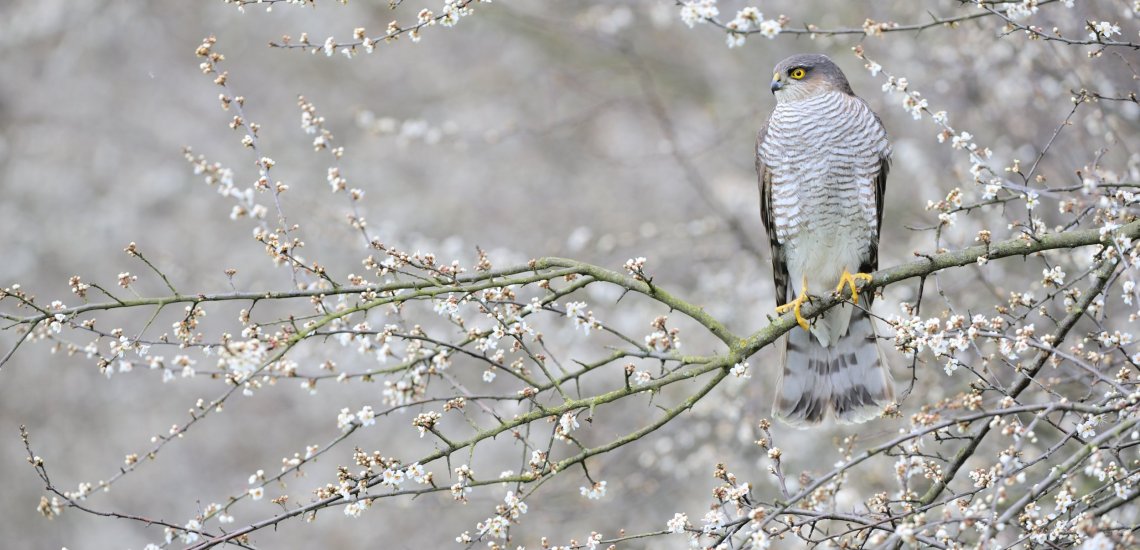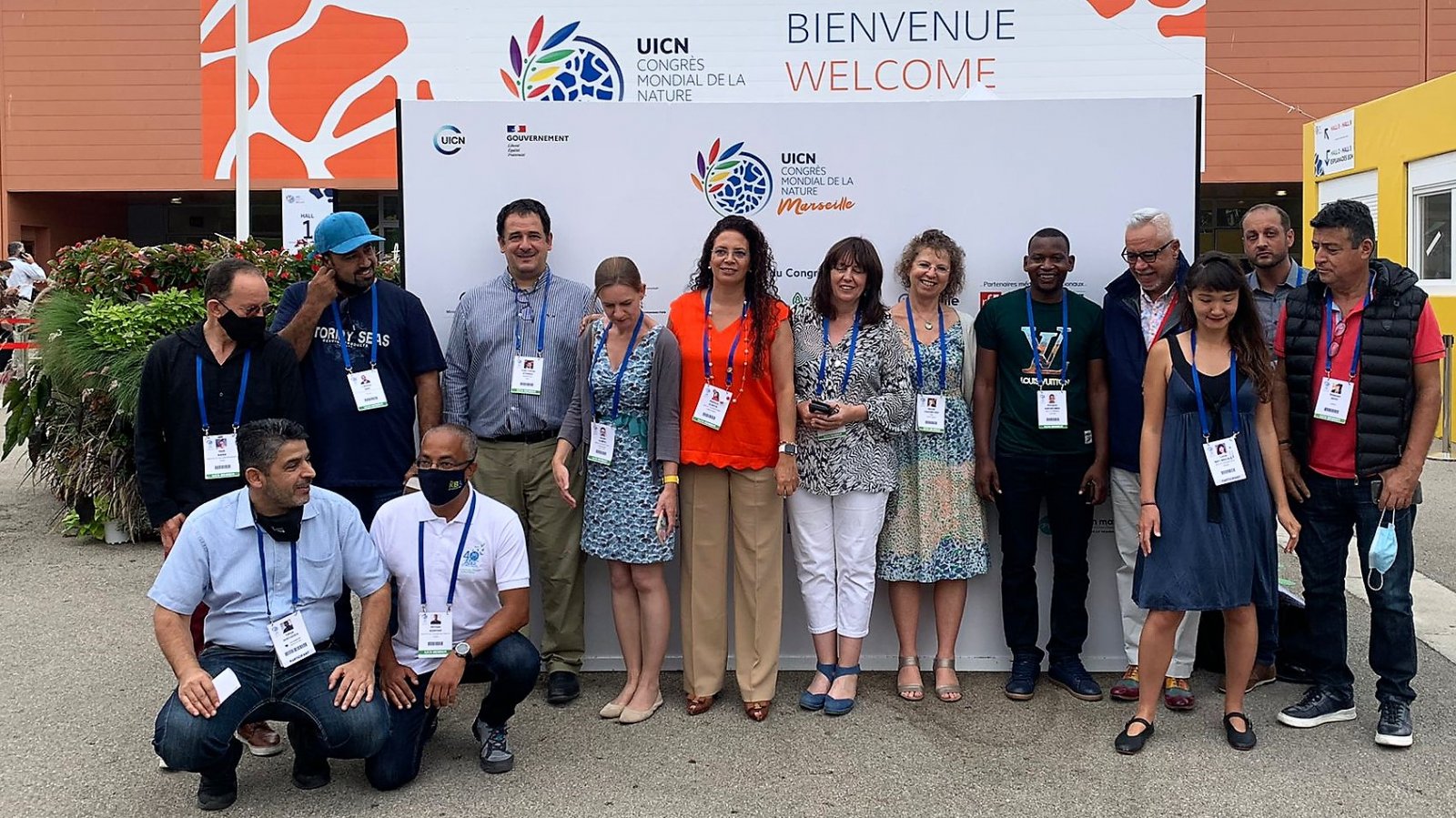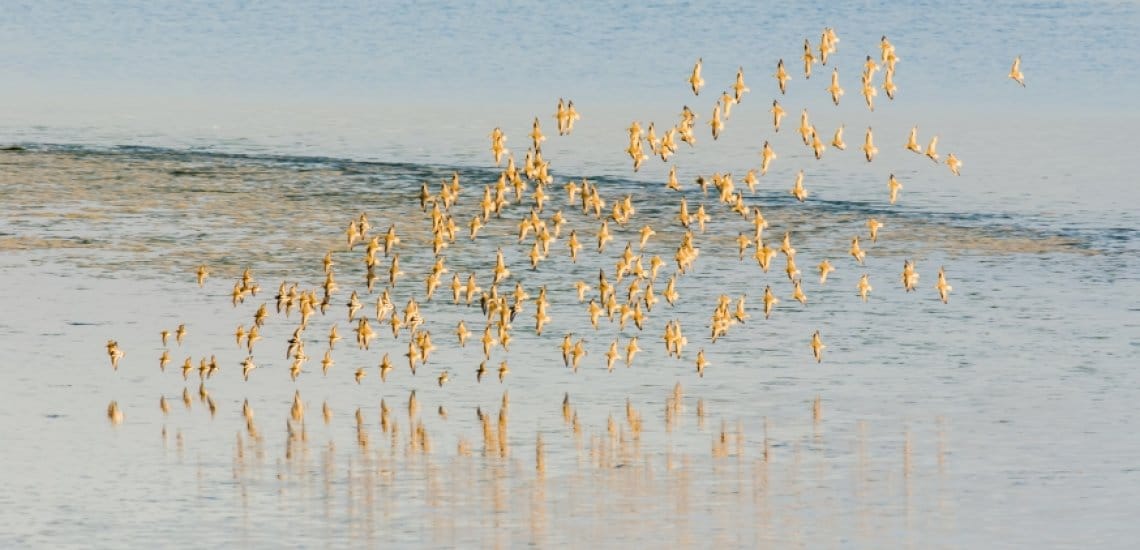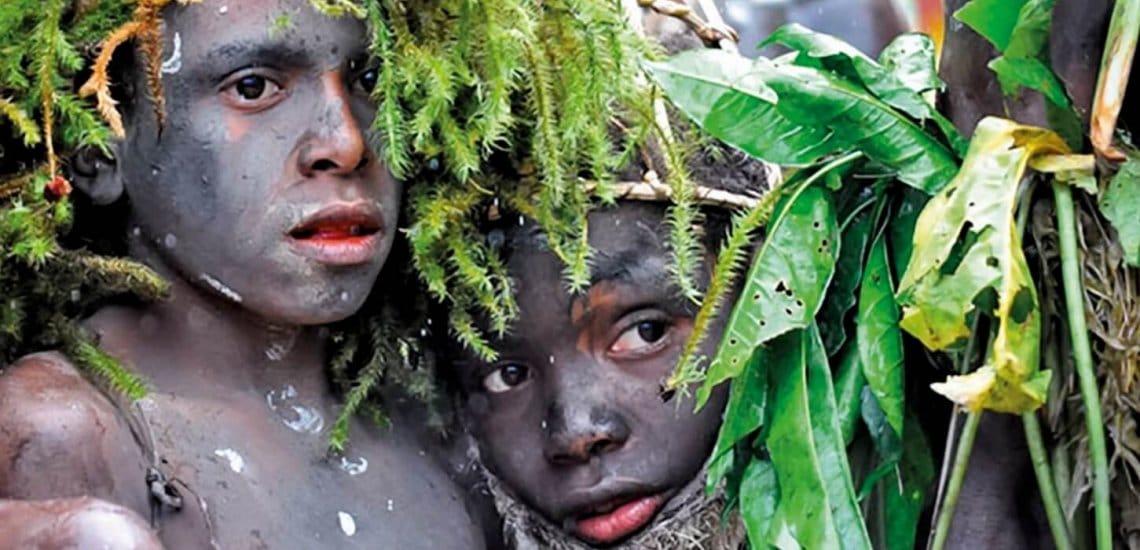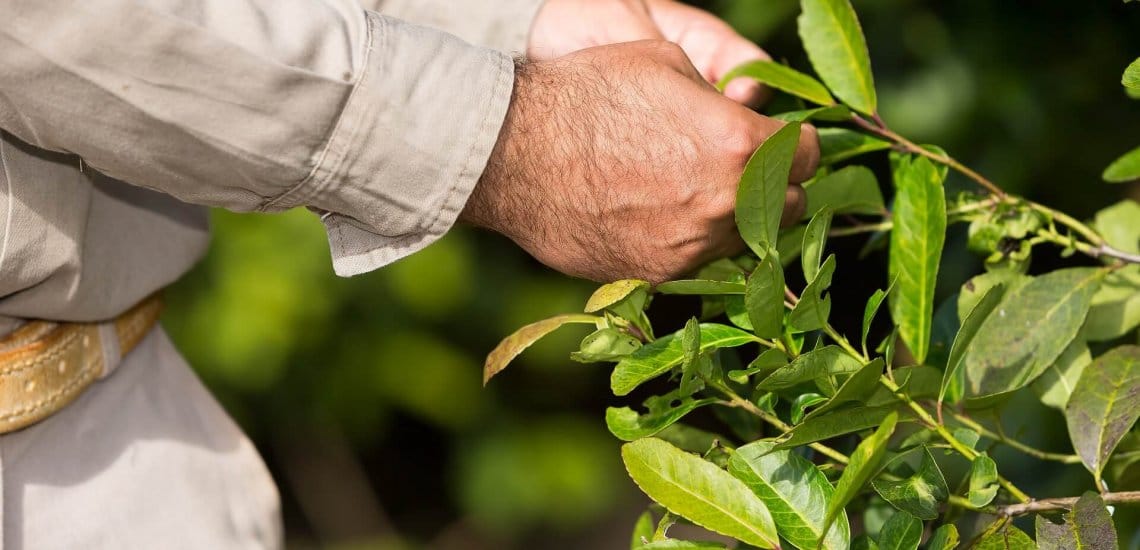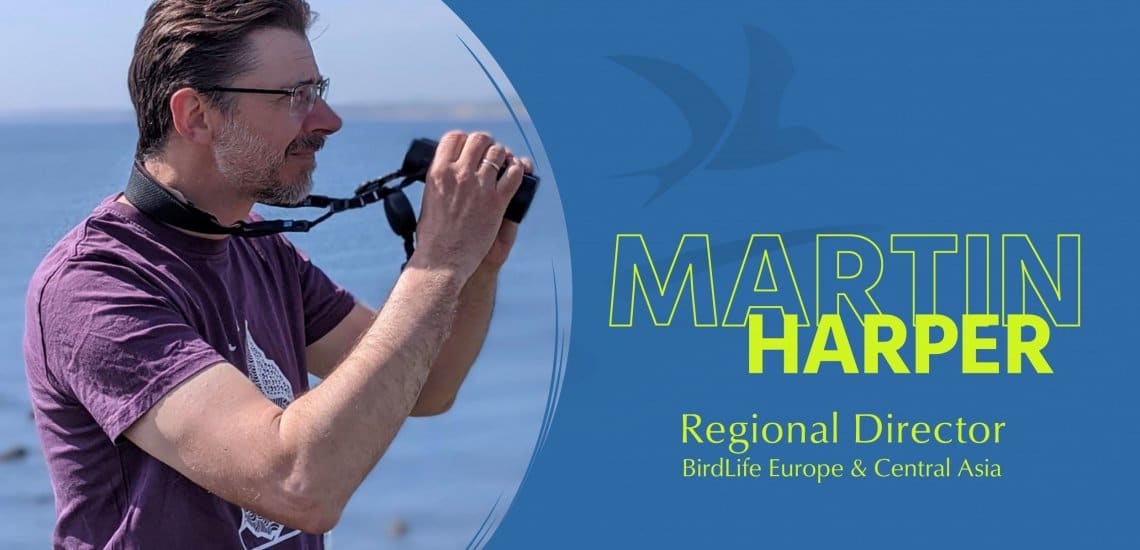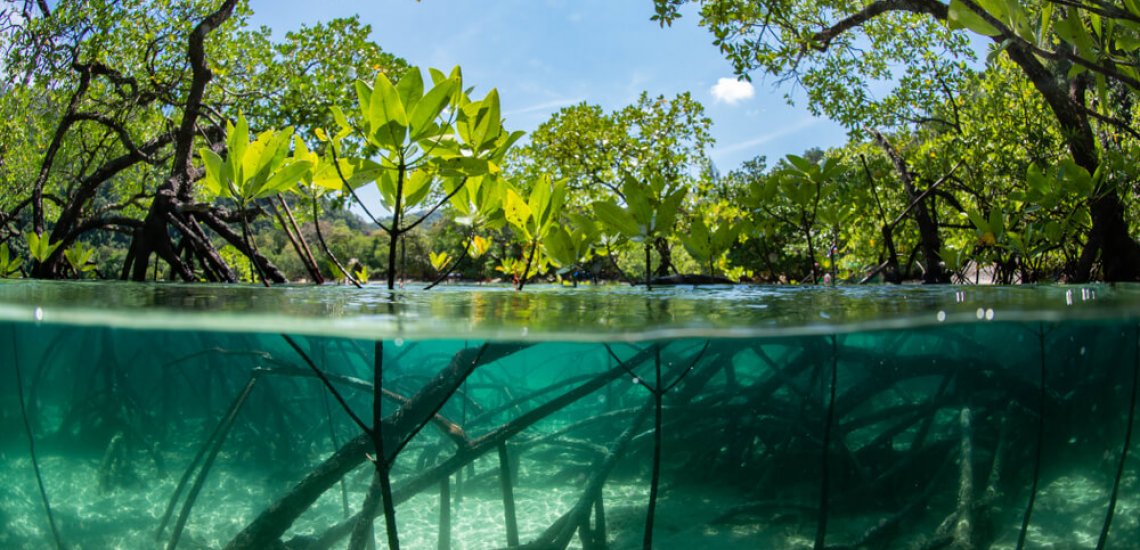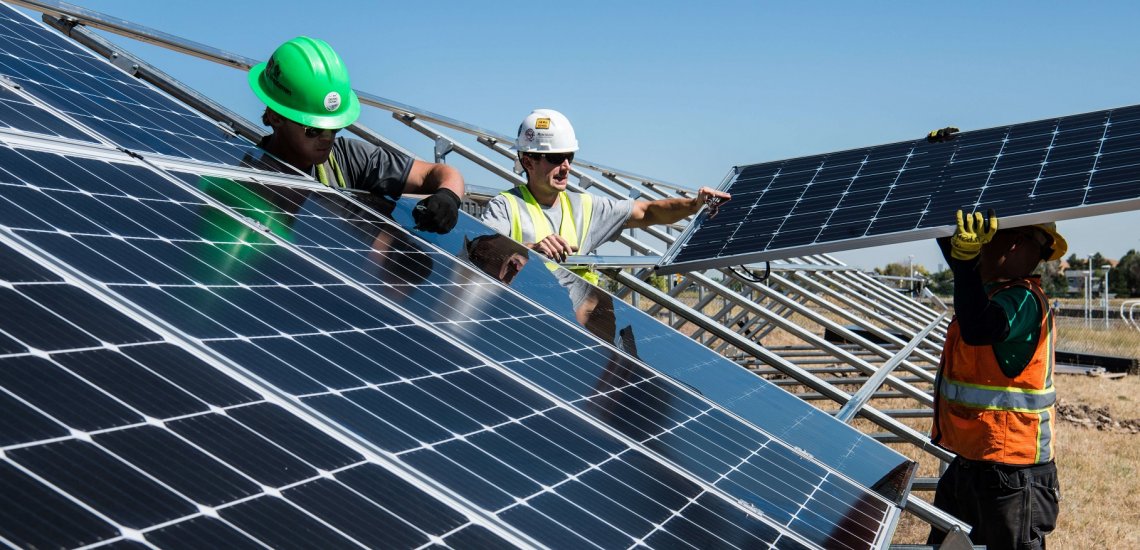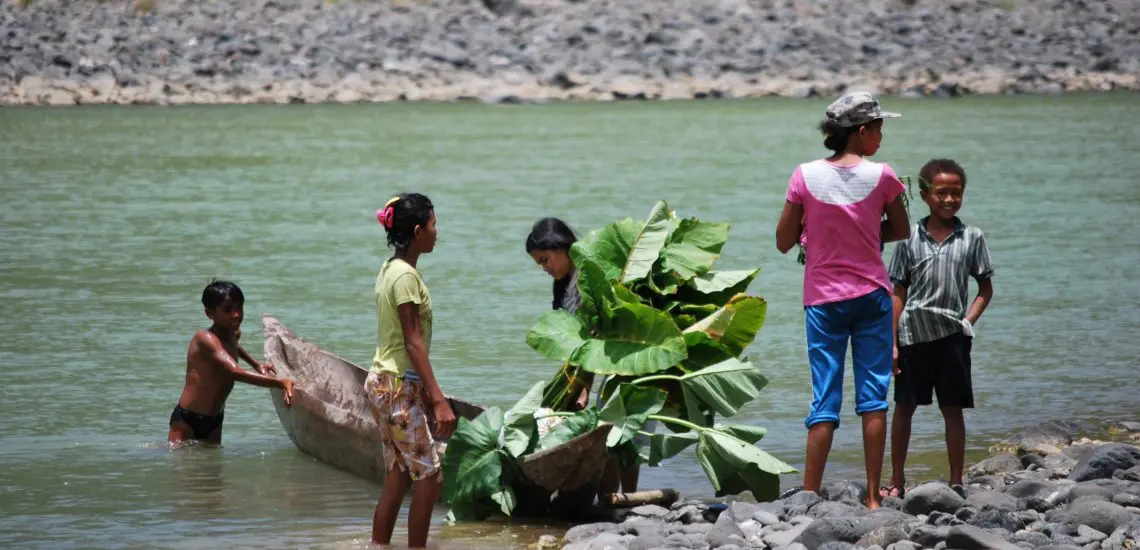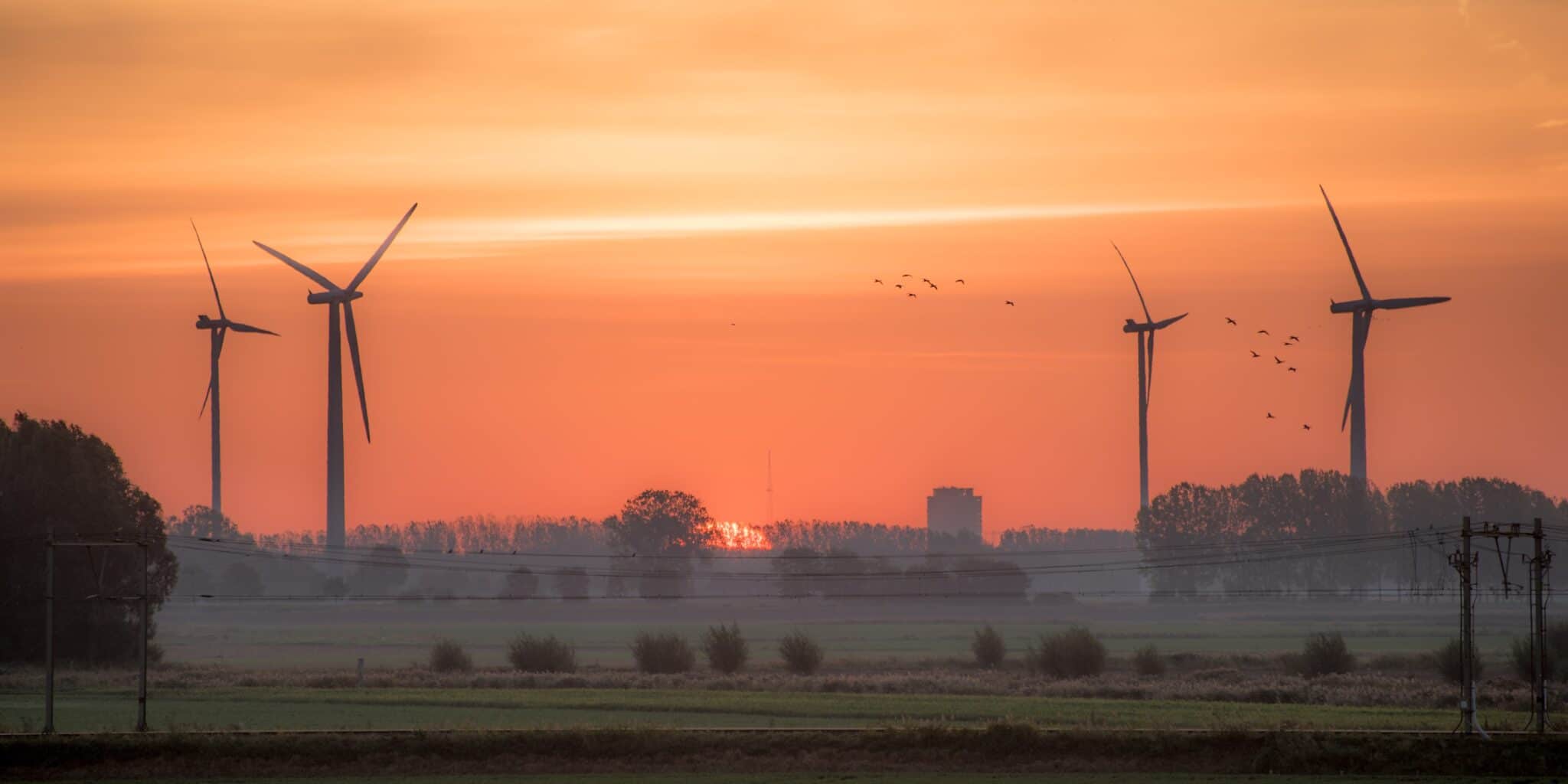The Post-2020 Global Biodiversity Framework: A ‘now or never opportunity for nature’
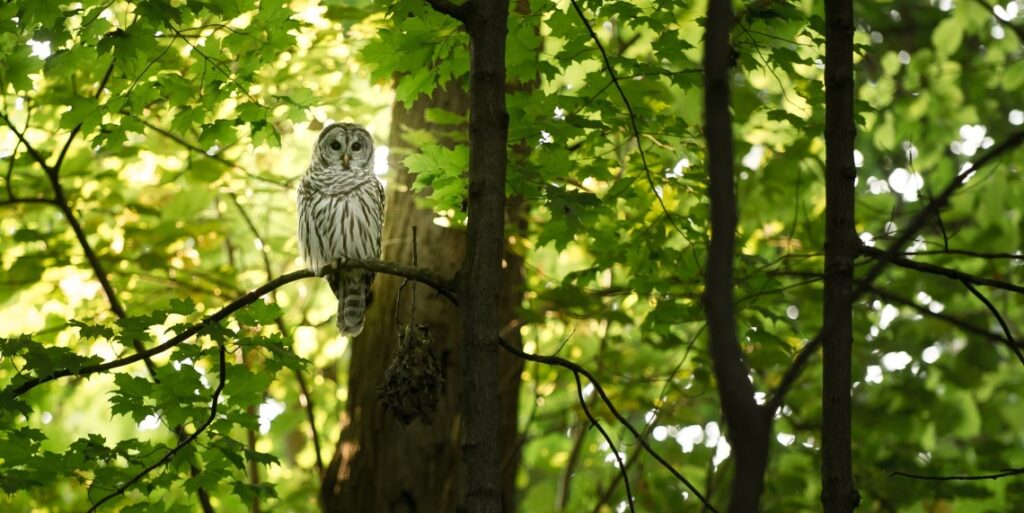
As the world’s largest nature conservation partnership, with local roots and global reach informed by internationally-recognised science, BirdLife is uniquely placed to help guide and develop the post-2020 framework and mobilise support for its implementation.
Following delays due to the global COVID19 pandemic, governments are preparing to come together in 2021 to adopt a post-2020 global biodiversity framework, at the Convention on Biological Diversity (CBD) Conference of the Parties (COP 15) hosted by China in Montreal, Canada the home of the CBD Secretariat.
This post 2020 deal for nature and people is a stepping stone towards achieving the CBD 2050 Vision of ‘Living in harmony with nature’. It will replace and must improve on the Strategic Plan for Biodiversity 2011-2020, which has failed to stem the devastating decline in biodiversity.
With the impacts of this failure to protect nature now threatening not only our well-being but our very survival, the coming decade represents a ‘now or never’ opportunity to put in place and deliver a transformational new framework to better safeguard, conserve and restore biodiversity for people and the planet.
The new framework must halt and start to reverse the loss of biodiversity so that we are ‘nature positive’ by 2030. It must transform how we value nature and unlock its full potential in underpinning the Sustainable Development Goals, the Paris Agreement on climate and a green recovery that helps us build back better from the devastating pandemic, itself a result of our imbalance with nature.
BirdLife position papers on the post-2020 framework
Below are some of the positions we have developed on elements of the post-2020 framework and related policy processes, elaborating on how the vision can be achieved, through elements such as a mission, principles, goals, targets, indicators and synergies with other conventions. Many of these positions are also available on the CBD’s post-2020 website, which also provides much more information about the process of developing the post-2020 framework, including a timeline of key events.
The current 2050 Vision states that, by 2050, “biodiversity is valued, conserved, restored and wisely used, maintaining ecosystem services, sustaining a healthy planet and delivering benefits essential for all people.”
Response to drafts of the post-2020 global biodiversity framework:
- Critical species elements of the Post-2020 Global Biodiversity Framework (November 2022)
- Essential elements of a Monitoring Framework of the Post-2020 Global Biodiversity Framework to be adopted at COP15 (November 2022)
- BirdLife International critical elements for a transformational post-2020 Global Biodiversity Framework (October 2022)
- BirdLife International comments and recommendations for the post-2020 Global Biodiversity Framework ahead of the Geneva 2022 sessions of SBI-3, SBSTTA-24 and OEWG-3 (February 2022)
- BirdLife International Priorities for the Post-2020 GBF Global Monitoring Framework (June 2022)
- Priorities for the post-2020 Global Biodiversity Framework (updated reflections on draft 1, August 2021)
Current thematic positions from the BirdLife Partnership:
- Species conservation in the post-2020 Global Biodiversity Framework: Science brief (August 2022)
- Species conservation in the post-2020 Global Biodiversity Framework (May 2022)
- A site conservation target for the post-2020 framework (March 2022)
- Marine and coastal conservation in the post-2020 framework
- Connectivity and international cooperation in the post-2020 framework
- Mainstreaming of biodiversity in the post-2020 framework
- Transformative change for the post-2020 framework
- Nature-based solutions for the nature, climate and sustainable development agendas
- Renewable energy development for the nature, climate and sustainable development agendas
- Implementation of the post-2020 framework
BirdLife support for the development and implementation of the new framework
As the world’s largest nature conservation partnership, with local roots and global reach informed by internationally-recognised science, BirdLife is uniquely placed to help guide and develop the post-2020 framework and mobilise support for its implementation.
In the run-up to COP15, BirdLife is actively involved in discussions and in sharing of evidence and expertise on the post-2020 framework with governments, business, academia, NGOs and other civil society, through formal and informal meetings, reports, scientific papers and position papers.
Examples include:
- Lead co-authorship of the Intergovernmental Science-Policy Platform on Biodiversity and Ecosystem Services (IPBES) landmark global assessment report, which is being used to guide the development of the new framework;
- Production and dissemination of our Birds and Biodiversity Targets report, showing what birds tell us about progress towards the Aichi Targets and requirements for the post-2020 biodiversity framework;
- Involvement in regional and thematic consultations and meetings of the CBD’s Open-Ended Working Group on the post-2020 framework;
- Dialogues with national governments through our network of 115 national Partners;
- The development of position papers for discussion with Parties to the Convention and other stakeholders.
Relevant reports from the BirdLife Partnership:
Joint statements/briefings with other organisations:
- Key Biodiversity Areas – areas of particular importance for biodiversity to focus protection and conservation of 30% of the planet by 2030 (August 2021)
- Nature-based solutions in action: lessons from the frontline; harnessing nature to address the triple emergency of poverty, climate change and biodiversity loss (July 2021)
- Climate Action Network (CAN) briefing on the role of ecosystems and biodiversity for climate change mitigation ambition and adaptation and resilience (June 2021)
- NGO Major Group position statement for the UN High Level Political Forum on Sustainable Development (June 2021)
- UNEP’s Measuring Progress: Environment and the SDGs report evaluating the correlations between SDG targets relating to nature-based action and drivers of loss and the state of the environment (May 2021)
- Setting robust biodiversity goals: paper including seven principles for net outcome goal setting that minimise the risk of perverse outcomes (May 2021)
- Discussion Paper on the Global Biodiversity Framework, Resource Mobilization Strategy (April 2021)
- Feedback on the updated zero draft of the post-2020 GBF: joint NGO discussion paper on annex to CBD/POST2020/PREP/2/1 (January 2021)
- Four steps for the Earth: mainstreaming the post-2020 global biodiversity framework (briefing based on co-authored research paper, January 2021)
- COVID-19 response and recovery: nature-based solutions for people, planet and prosperity: recommendations for policymakers (November 2020)
- Joint declaration to G20 Leaders calling for urgent action to invest in nature to protect biodiversity and reduce the risk of future pandemics (from the WC20, or Wildlife Conservation 20, November 2020)
- Promoting nature-based solutions in the post-2020 global biodiversity framework (joint paper with PEDRR and FEBA, October 2020)
- Call to action for an equitable, carbon-neutral, nature-positive world, submitted to the UN General Assembly Summit on Biodiversity (from 16 environment and development organisations, as part of a wider, coordinated set of calls to action, September 2020)
- A Global Goal for Nature: nature-positive by 2030 (September 2020)
- The need to restore nature AND cut emissions (joint letter outlining four high-level principles for nature-based solutions, May 2020)
- Club of Rome-led letter to global leaders on a healthy planet for healthy people as part of a green recovery from the COVID-19 pandemic (April 2020)
- Nature-based solutions for climate change: key messages for decision makers in 2020 and beyond (joint letter to the new UNFCCC COP26 President, February 2020)
- Making the implementation mechanism an effective pillar of the post-2020 framework: key recommendations for the thematic consultation on “transparent implementation, monitoring, reporting and review” (joint statement with 11 other international conservation and development NGOs, February 2020)
- Call for an ambitious global biodiversity framework on World Wetlands Day 2020: open letter by the International Organization Partners to the Convention on Wetlands (February 2020)
- Protecting half the planet: a new High Seas biodiversity treaty in 2020 (joint statement from the High Seas Alliance, October 2019)
- Key Biodiversity Areas: focussing the post-2020 biodiversity framework (joint position from the KBA Partnership, September 2018)
- Key elements and innovations for the post-2020 framework: a collaborative discussion piece (joint input to CBD with 9 other major international conservation NGOs, November 2018)
Related initiatives
- Our 1Planet1Right campaign (www.1planet1right.org), launched on the 50th anniversary of Earth Day, 22 April 2020, calling on the UN to recognise the universal right to a healthy natural environment
- Our support for the Leaders’ Pledge for Nature, launched ahead of the UN Summit on Biodiversity in September 2020
- Our joint call for a nature-positive Global Goal for Nature
Webinars
- Leadership and ambition for nature and climate in 2021 and beyond (led by BirdLife UK Partner RSPB, July 2021)
- A view from the ground: a spotlight on BirdLife’s nature restoration in the field (June 2021)
- Protecting the blue: birds and the high seas (March 2021)
- A bird’s-eye view on global targets for saving nature (December 2020)
- UNGA/UNDP Nature for Life Hub session on ‘Reimagining conservation: aligning nature conservation and human rights’ (including video and panel presentations by BirdLife and Philippines Partner Haribon Foundation, September 2021)
- UNGA/UNDP Nature for Life Hub session on ‘Mapping nature for people and planet’ (featuring IBAT and KBAs, September 2021)
- Green recovery webinar series: Pushing forward a green recovery in a post-COVID world (July 2020)
- UN High Level Political Forum on Sustainable Development side event: Building back better for nature and people to achieve the 2030 Agenda, through a transformational green recovery and recognising the right to a healthy environment (July 2020)
Related news
Related projects
Stay up to date
Sign up to receive the latest bird conservation news. You’ll also receive updates about our projects, science and other ways to get involved including fundraising.
Thank you for your support, we are committed to protecting your personal information and privacy. For more information on how we use your data, please see our Privacy Policy. You can unsubscribe from emails at any time by using the link in the footer of any email from us.


